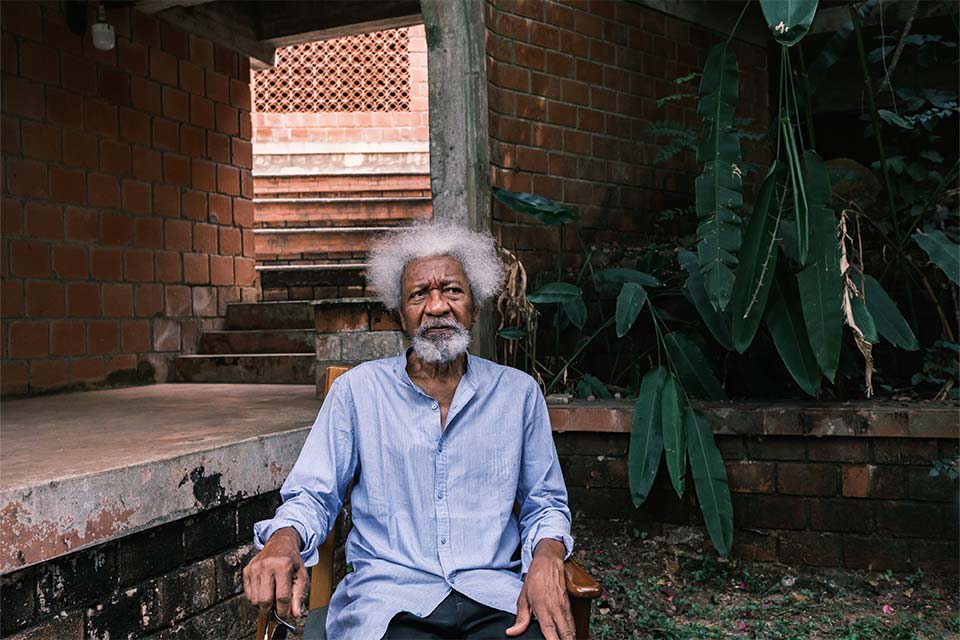50 Years Ago in These Pages

“This distinguished Nigerian playwright’s account [Wole Soyinka’s The Man Died] of his prolonged season in hell as a detainee of the Federal Government during the war against Biafra abounds in crazy masquerades, undertaken in the name of authority to intimidate those, like himself, who remained recalcitrantly human. . . . In defense of that inalienable human core, not to be measured by behaviorists or other computers, Soyinka spent some twenty-seven months in a variety of Nigerian prisons, many of them in solitary confinement, fasting, deprived of books or writing materials, and denied all contact with the outside world.
. . . In retrospect, The Man Died illuminates what has distinguished all Soyinka’s plays and poems: a passionate belief in justice and a moral concern nothing can subvert. Long after his persecutors have found their proper place as footnotes in the history books, this man’s works will stand as witness to the unconquerable spirit that outfaces all their kind. In his own words, he has become ‘an anjonnu’ returned from beyond the grave. The man died. Yet he lives.”
—Peter Thomas, Books Abroad 48, no. 3
(Summer 1974): 621
Editorial note: The above still comes from the Ebrohimie Road documentary, forthcoming in July 2024, about Soyinka’s life during the time covered by The Man Died.















